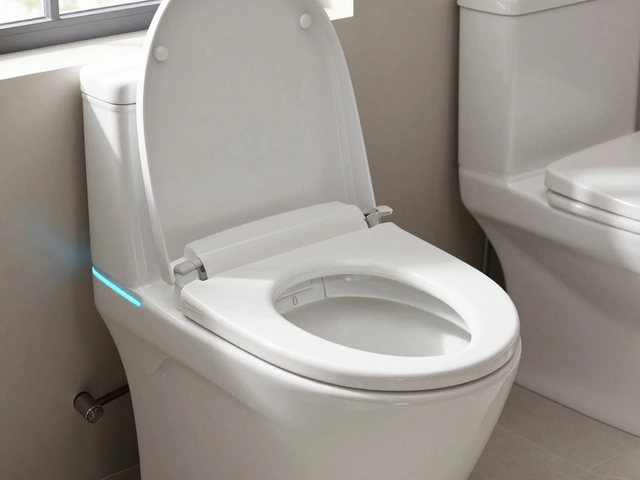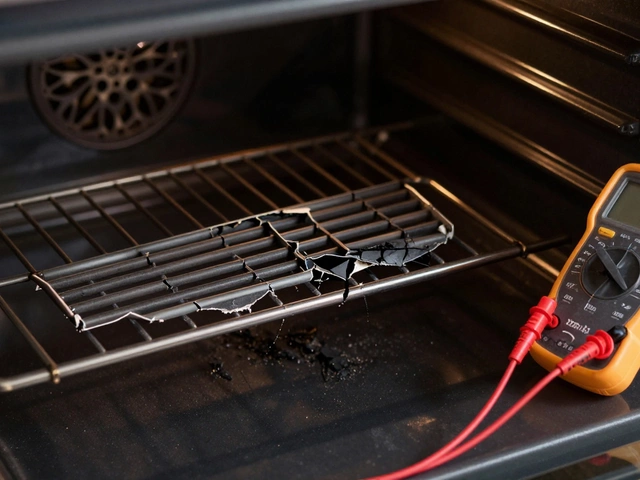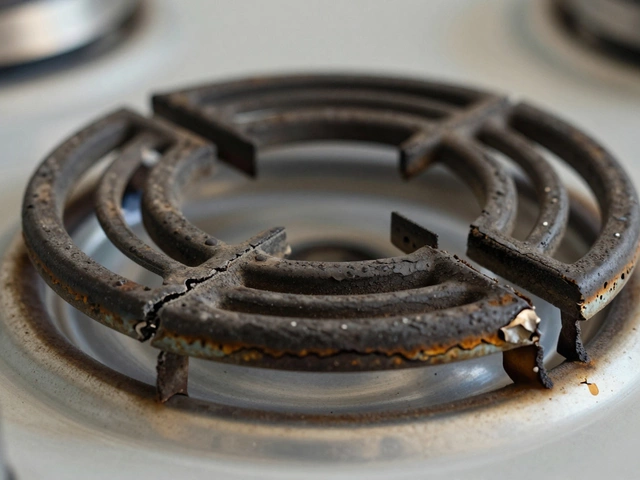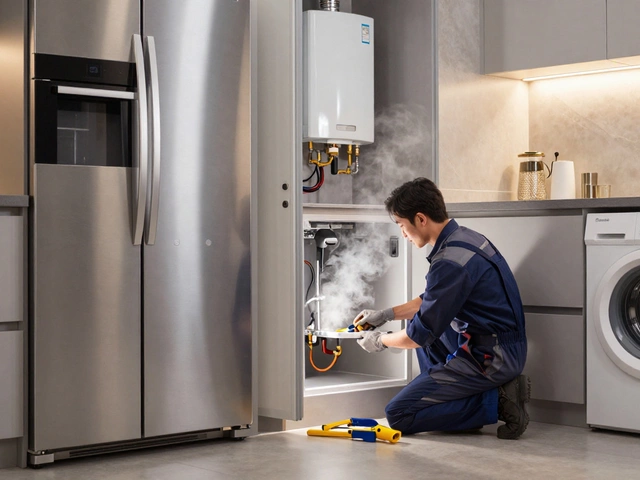Kitchen Maintenance Made Simple: Keep Your Appliances Running Smoothly
If you’ve ever stared at a silent oven or a sputtering dishwasher, you know how frustrating it can be. The good news? Most kitchen issues are preventable with a bit of regular care. Below are no‑nonsense steps you can add to your weekly routine to keep ovens, microwaves, fans and other gear humming.
Check the Basics Every Month
Start with the easy stuff. Wipe down the interior of your oven after each use and give the door gasket a quick glance for cracks. A dirty oven can overheat and cause the thermostat to misread, leading to uneven cooking. For microwaves, clear away food splatters and inspect the turntable for wobble – a loose turntable often means the motor bearings are wearing out.
Dishwashers love a clean filter. Pull it out, rinse under running water, and remove any food bits that could jam the pump. If you hear a humming sound before the water fills, the inlet valve might be clogged – a quick brush with an old toothbrush usually does the trick.
Spot‑Check the Ventilation
Extractor fans are the unsung heroes of a fresh kitchen. Dust builds up on the fan blades and motor, cutting airflow and creating a fire risk. Turn off the power, unscrew the cover and give the blades a wipe with a damp cloth. If the fan still struggles, the motor bearings could be worn; lubrication with a few drops of light oil can extend its life.
While you’re up there, make sure the vent duct isn’t blocked by grease. A clogged duct forces the fan to work harder and can cause overheating. A quick vacuum on the vent opening clears most debris.
These quick checks take less than ten minutes but save you from costly repairs down the line.
When to Call a Pro
If you notice any of these red flags, it’s time to call a technician:
- Oven won’t heat or takes forever to reach temperature – likely a heating element or thermostat issue.
- Microwave produces sparks or a humming noise without heating – that’s a magnetron problem.
- Dishwasher leaks water from the bottom – could be a pump seal or a cracked tub.
- Extractor fan makes grinding noises even after cleaning – motor bearings may need replacement.
Trying to fix these yourself can be risky, especially with electrical components. Professional repair ensures safety and often comes with a guarantee.
By keeping up with these simple habits, you’ll stretch the life of your kitchen appliances, avoid surprise breakdowns, and keep your cooking space fresh and safe. Got a specific issue? Our blog has step‑by‑step guides on oven elements, microwave magnetrons, and more – just pick the topic that matches your problem and get back to cooking with confidence.
2 May 2025
·
0 Comments
Is that broken cooker really ready for the scrap heap, or should you pay to fix it? This article breaks down when repair makes sense—financially and practically. Learn the warning signs, the costs, and how to avoid getting ripped off. Plus, discover when buying new is the smarter move for your kitchen. Cut through the confusion and get your cooking situation sorted, once and for all.
Read more






